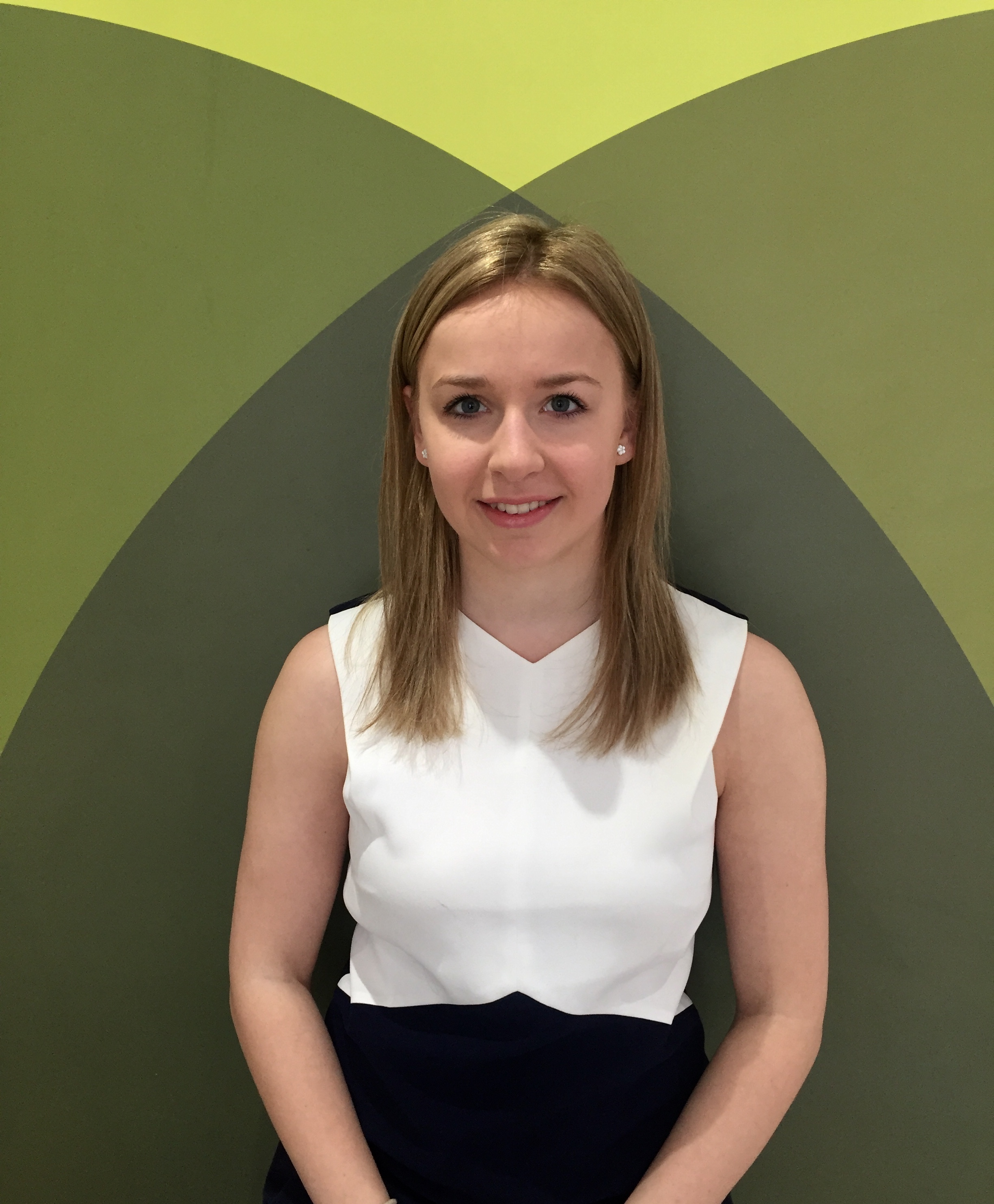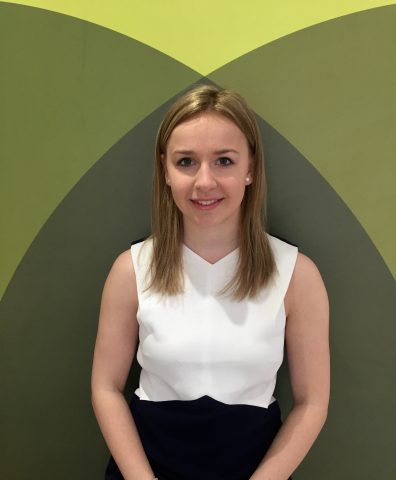From Saturday Girl to Optometrist – My Career Path


by Eleanor Swystun, Optometrist at Valli Opticians practices in Almondbury and Lockwood in Huddersfield
Everyone’s career in optometry starts differently.
Some people want to become an optometrist because of their own experience in life, needing treatment from an early age or because they wear glasses. Other people ‘fall in’ to optometry because they didn’t get accepted on to other medical degrees.
For me, I knew I wanted to help and interact with people. I wanted to leave work knowing I had made a positive difference to somebody’s life.
Optometry is a career that opens doors to many different paths. There are opportunities to specialise and head down the clinical/pathology route, or there is the business side to an optical practice.
From leaving Huddersfield Grammar School at the age of 16 and going to Greenhead College, I decided optometry was what I wanted to study at university.
So, I applied for a Saturday job at Valli Opticians. This helped solidify my dream of becoming an optometrist. It also helped put me above other candidates when applying for university.
I would say that having some hands-on experience is vital to make your application as strong as possible. The universities will see you are serious about a career in optometry and already have a bit of inside knowledge as to what happens in the real world.
Working as a Saturday girl helped open my eyes to what really happens behind the scenes of an opticians too which you don’t realise when attending for your annual sight test. I enjoyed spending the time with patients, helping them choose their spectacles; it really is a big decision for some people. It also gave me a bit of a head start when at university as I had knowledge about dispensing while others didn’t.
There are 11 universities scattered across the UK where you can study optometry, from Glasgow to Plymouth. Each university takes approximately 80-100 students each year so places are limited. However the course isn’t as competitive as others such as dentistry and pharmacy.
Entry requirements vary from each university; some require you to have 3 A-levels in biology, maths, chemistry or physics. Others require you to have 2 A-levels in the subjects listed before and 1 A-level in any other subject.
Those are the subjects the university requires you to have A levels in, but real world optometry also needs you to be a people person. You will become a professional person who the public trusts and there will be times where you need to tell them bad news or news that will be a shock to them. Being able to communicate with patients appropriately is vital.
Optometry is a three year course followed by a pre-registration year, so it takes four years to qualify in total; not as long as other medical degrees but just as rewarding and beneficial.
Throughout my three years studying at The University of Manchester I kept working on a Saturday for Valli Opticians and during the holidays. This meant that in some areas I was learning at university and then practising it at work. This helped me immensely during my studies and I would recommend this to anybody thinking of doing optometry. It also means you have the support of all the optometrists, dispensing opticians and optical advisors within the company who can answer any questions you may have. This was certainly a massive help for me.
The pre-registration year is where you are working in practice under the supervision of another optometrist. I was lucky enough to stay on at Valli to do my pre-registration year, which helped make it as least stressful as possible as I already knew everybody and could crack on straight away. Usually after qualification you stay on at the company you are working at. It doesn’t always work out like that but it usually does. This means you get a job straight after graduation from university and you remain in a job after qualification, which in some professions is hard to do.
I am now the optometrist at Valli Opticians’ Almondbury and Lockwood practices in Huddersfield and I absolutely love my job. Every patient you see is different, and every single appointment is different. There are weeks where you might save someone’s life, sight or just make their day by talking to them and spending that extra bit of time with them. There is so much variation within optometry that keeps the brain stimulated and no day is the same. You walk away at 5.30pm knowing you have helped somebody and you don’t have to take any work home with you.


